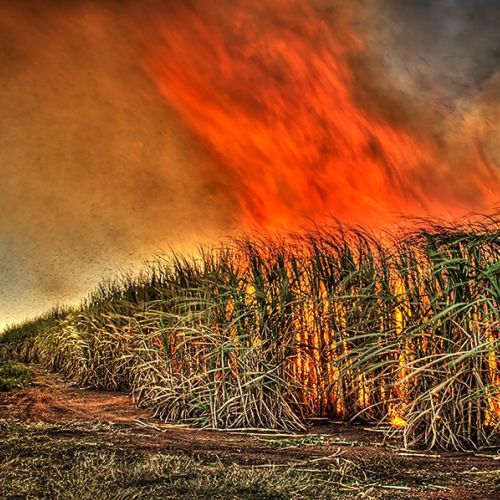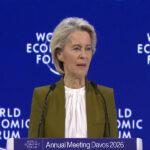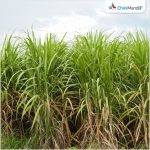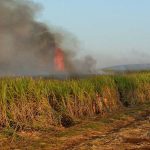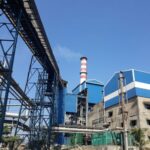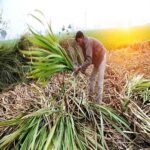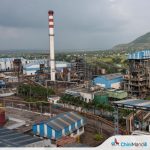Bangkok : Sugar factories in Thailand have significantly reduced their purchases of sugarcane from plantations that burn their fields, according to the Industry Ministry, which oversees the Cane and Sugar Board.
Sugarcane harvest burning has been a major contributor to the severe smog affecting the country in recent weeks, pushing air pollution levels beyond safe limits.
As of January 26, 58 sugar mills across Thailand reported that nearly 90% of their sugarcane supply came from farms that did not burn their fields, while only about 10% was sourced from those that did, Industry Minister Akanat Promphan said on Monday.
“Thanks to the efforts of sugar manufacturers and related agencies, Thailand has achieved its lowest-ever ratio of charred sugarcane,” he said.
This reduction has led to improved air quality, particularly in the upper Northeast and Central regions, where PM2.5 pollution levels have dropped. The improved conditions have also boosted outdoor economic activities, the minister added.
PM2.5 refers to fine dust particles that are 2.5 micrometres or smaller in diameter. Long-term exposure to these pollutants has been linked to serious health conditions, including lung and heart diseases.
To further curb crop burning, the government has introduced measures aimed at reducing the ratio of burnt sugarcane to single digits. Under a 7-billion-baht budget, farmers are being offered subsidies to cut their sugarcane manually instead of burning their fields. Additionally, harvest residues such as leaves will be sold to biomass power plants for use as fuel.
To discourage burning, the penalty for farmers selling burnt sugarcane to sugar mills has been increased from 30 baht per tonne to 130 baht per tonne.

